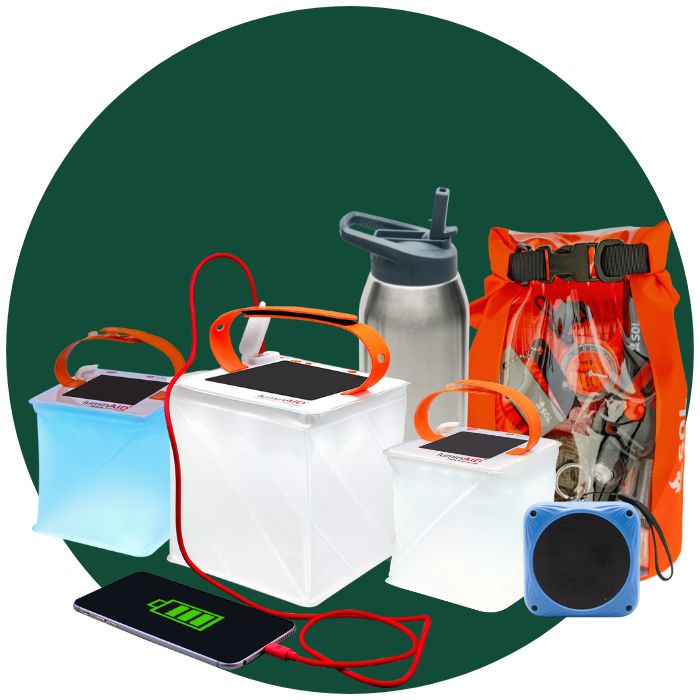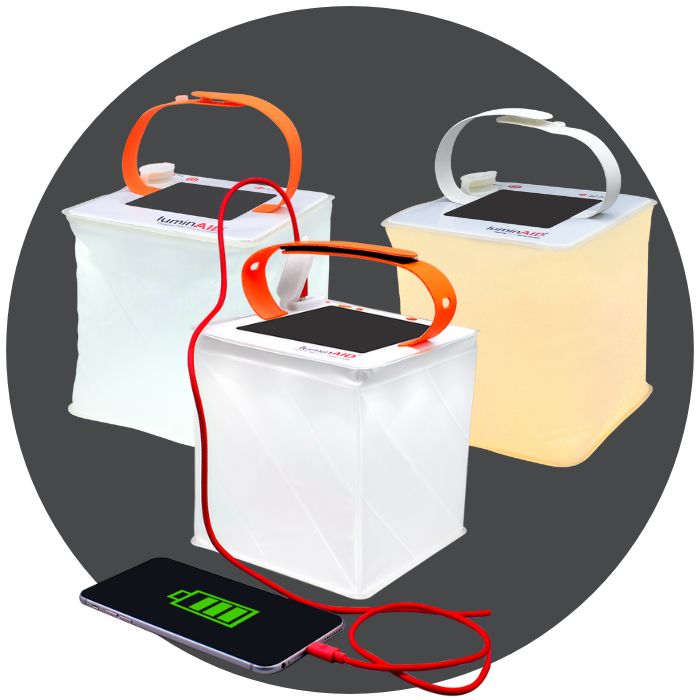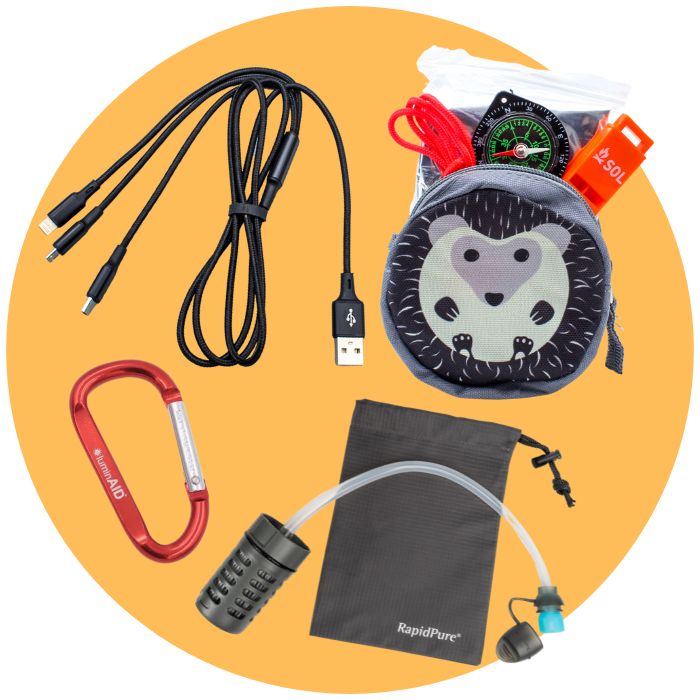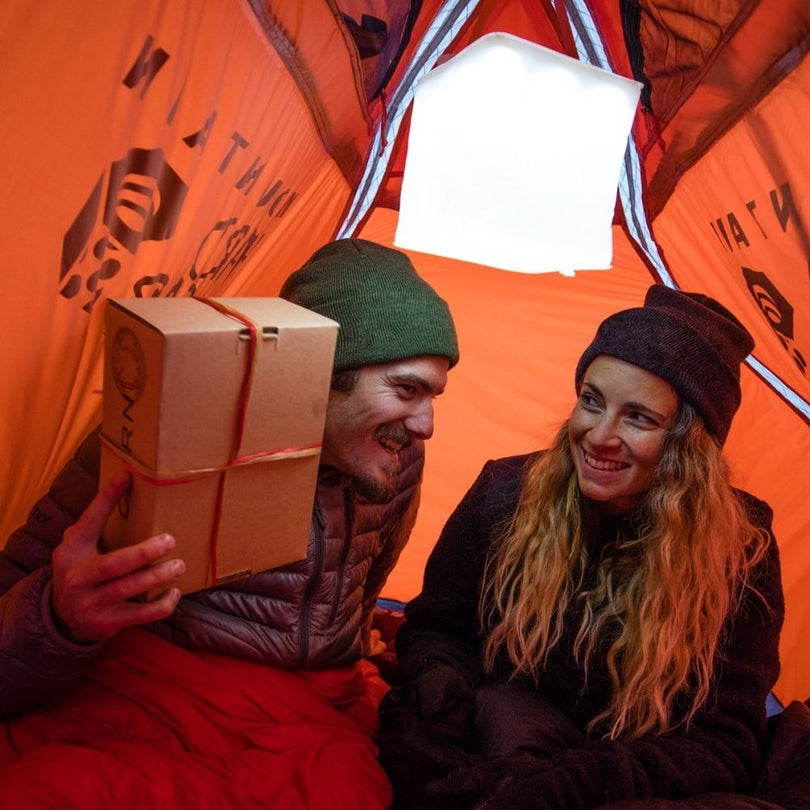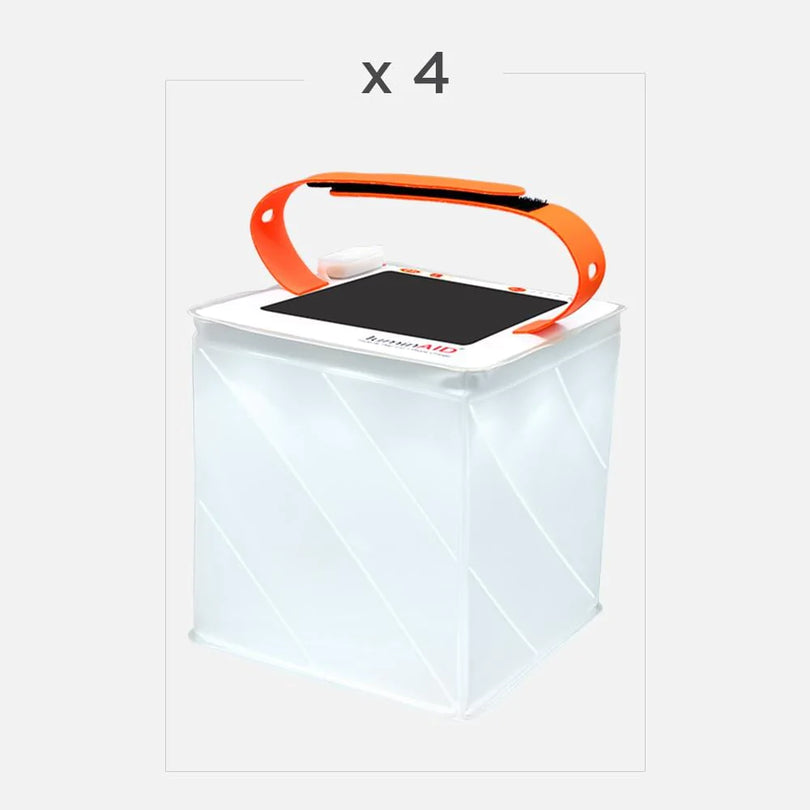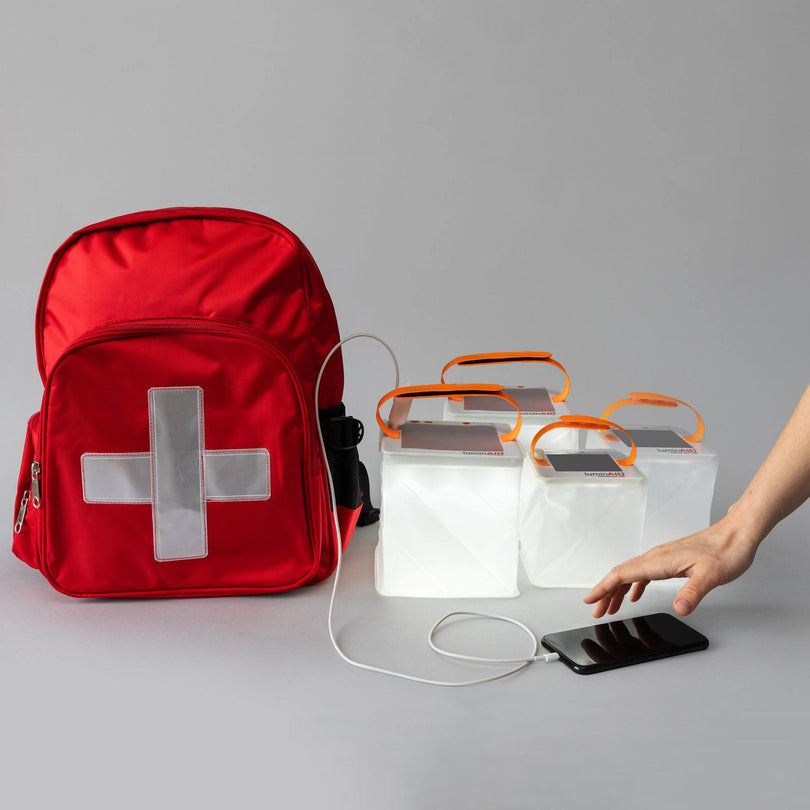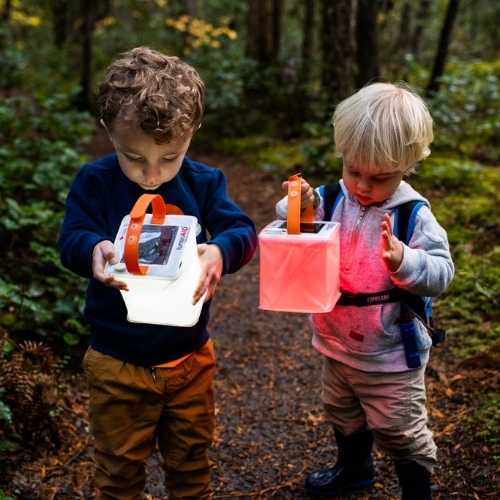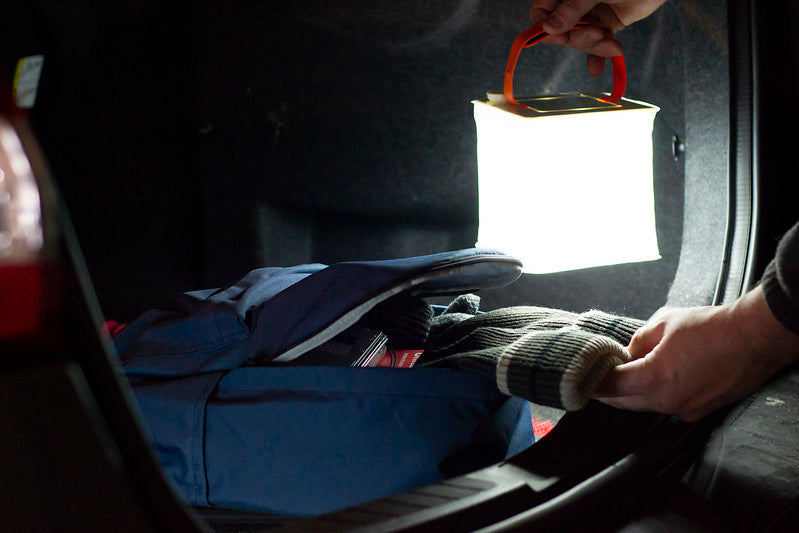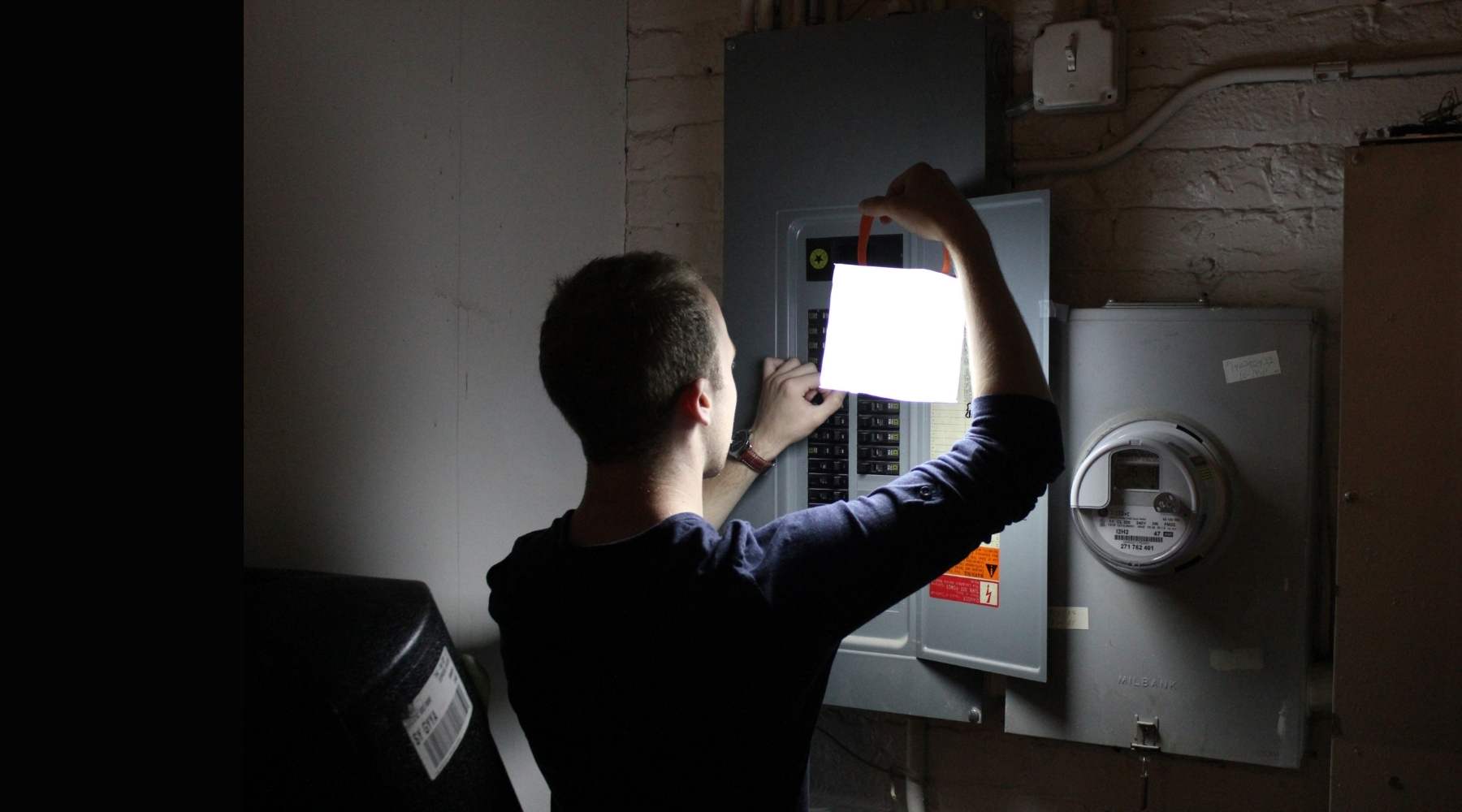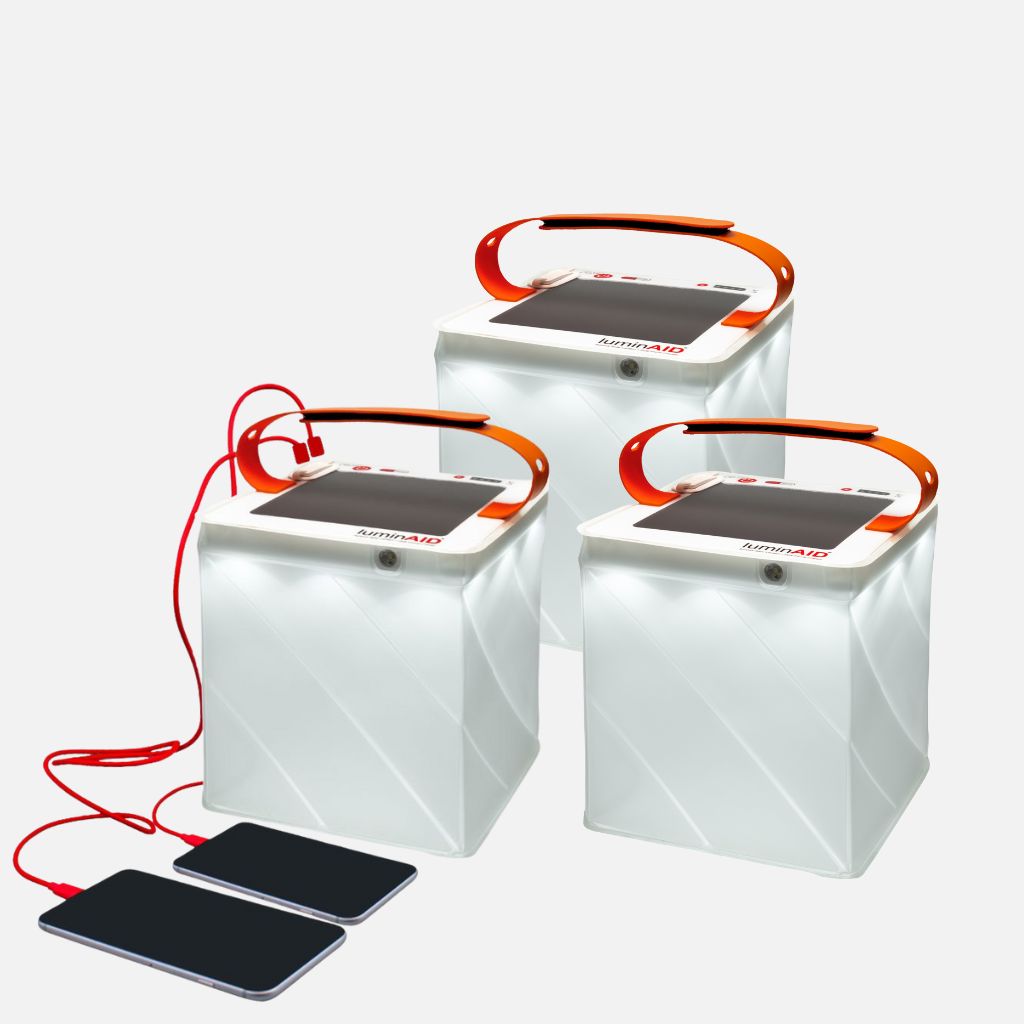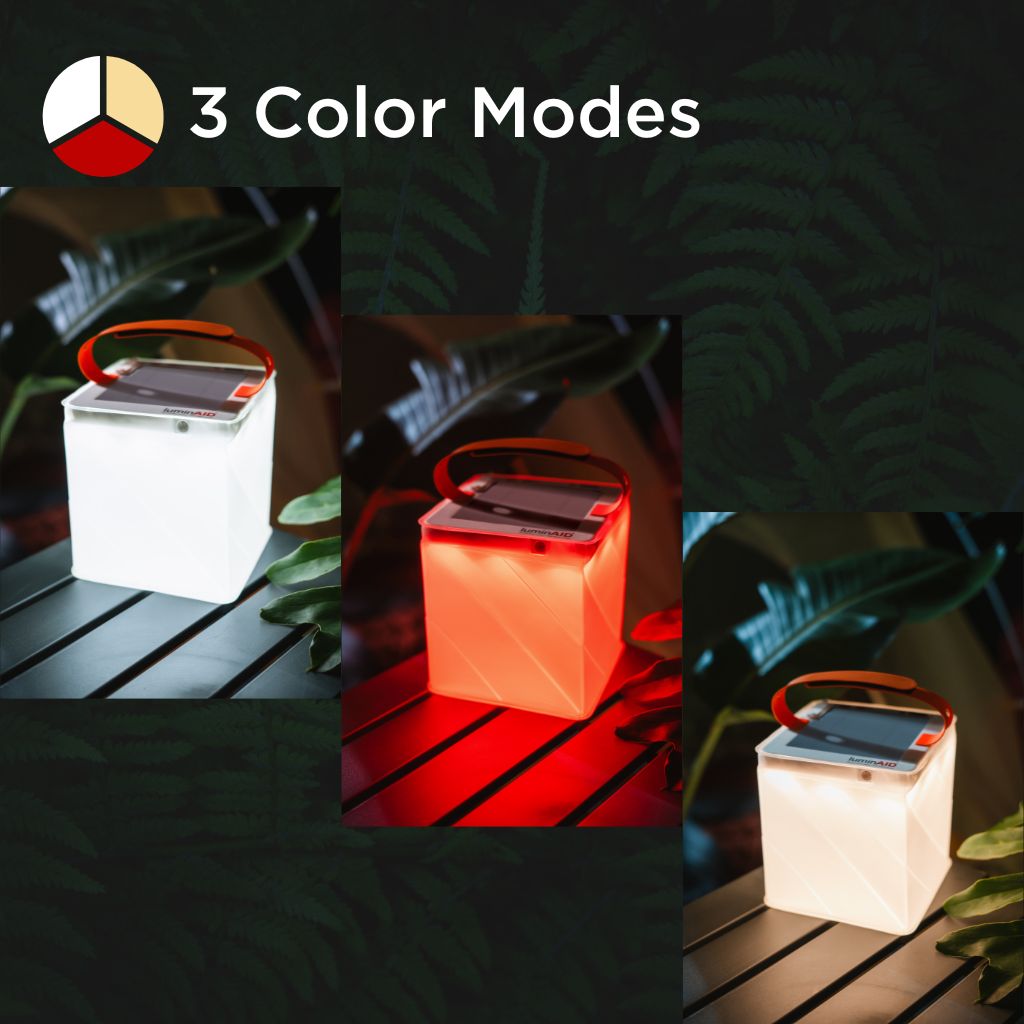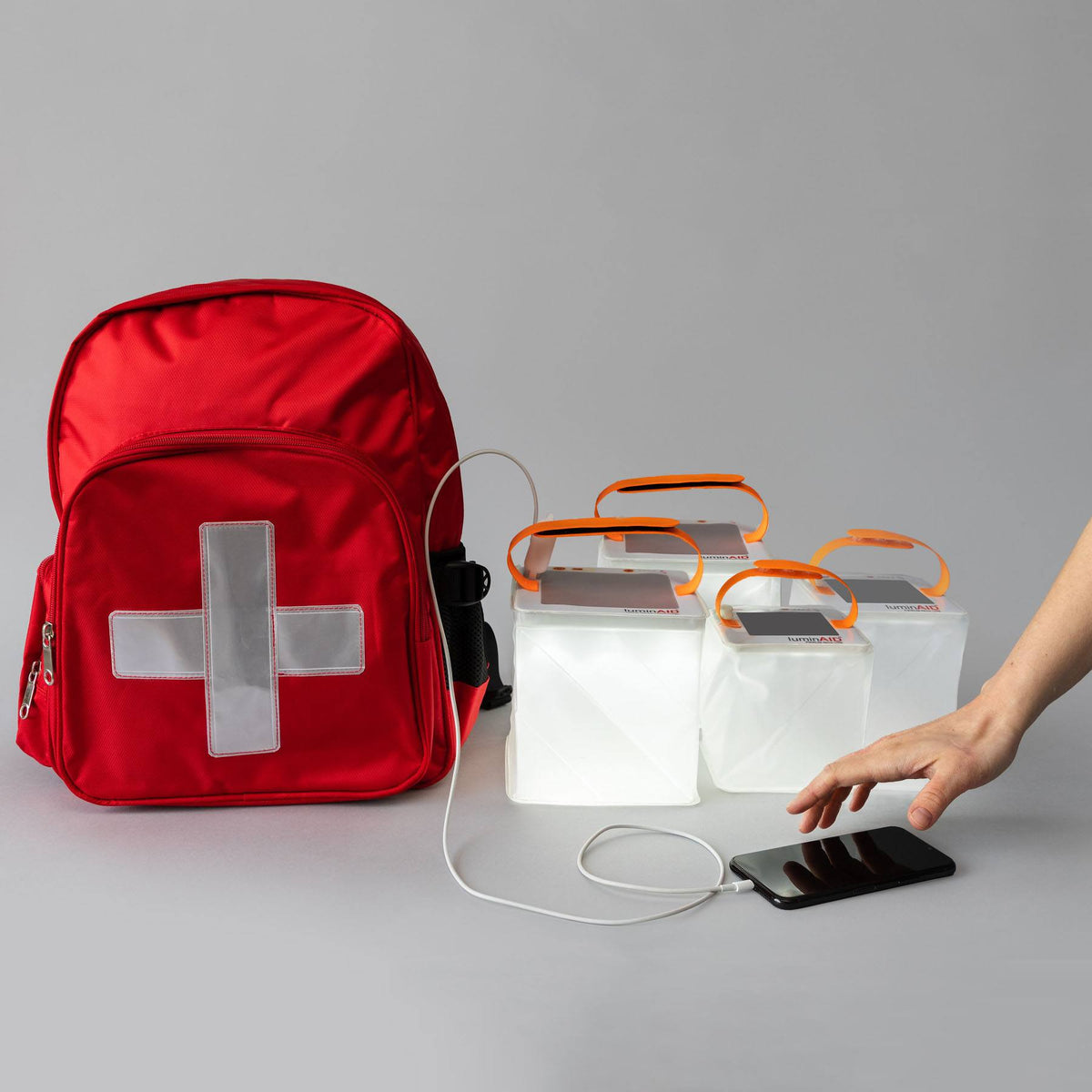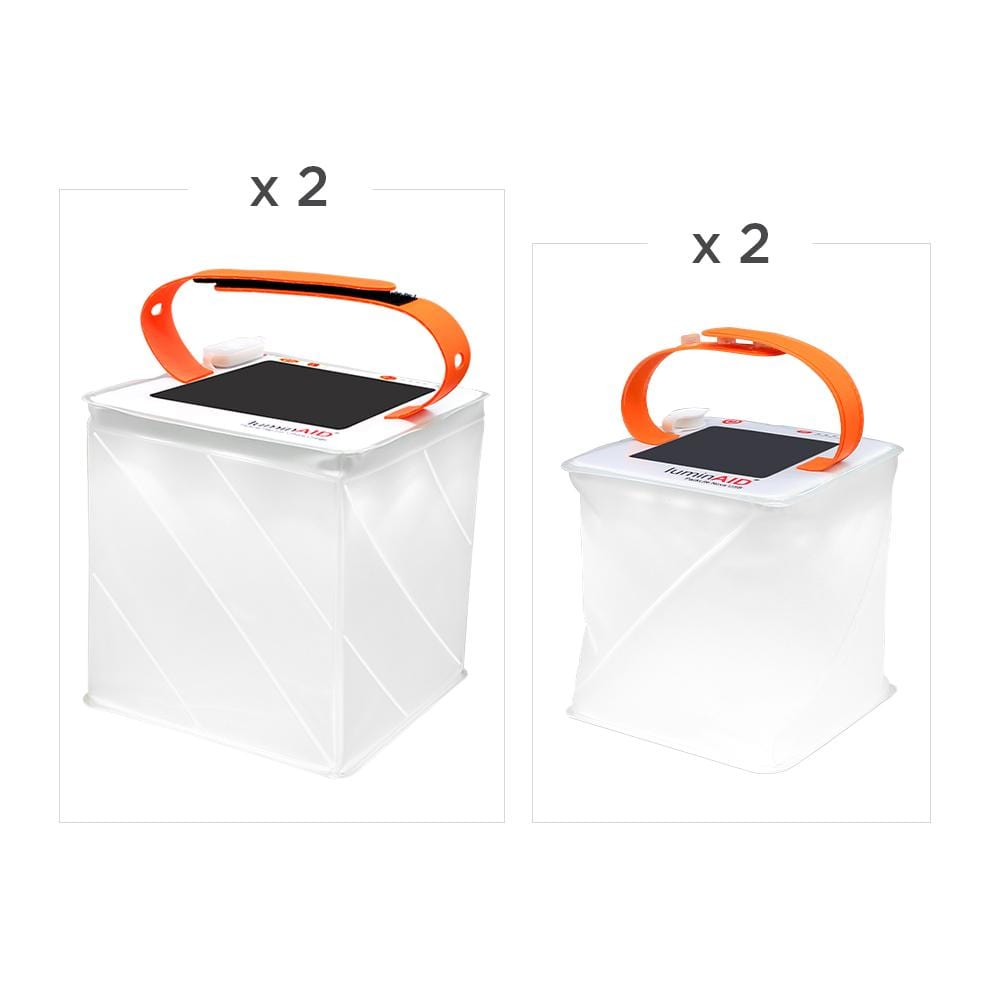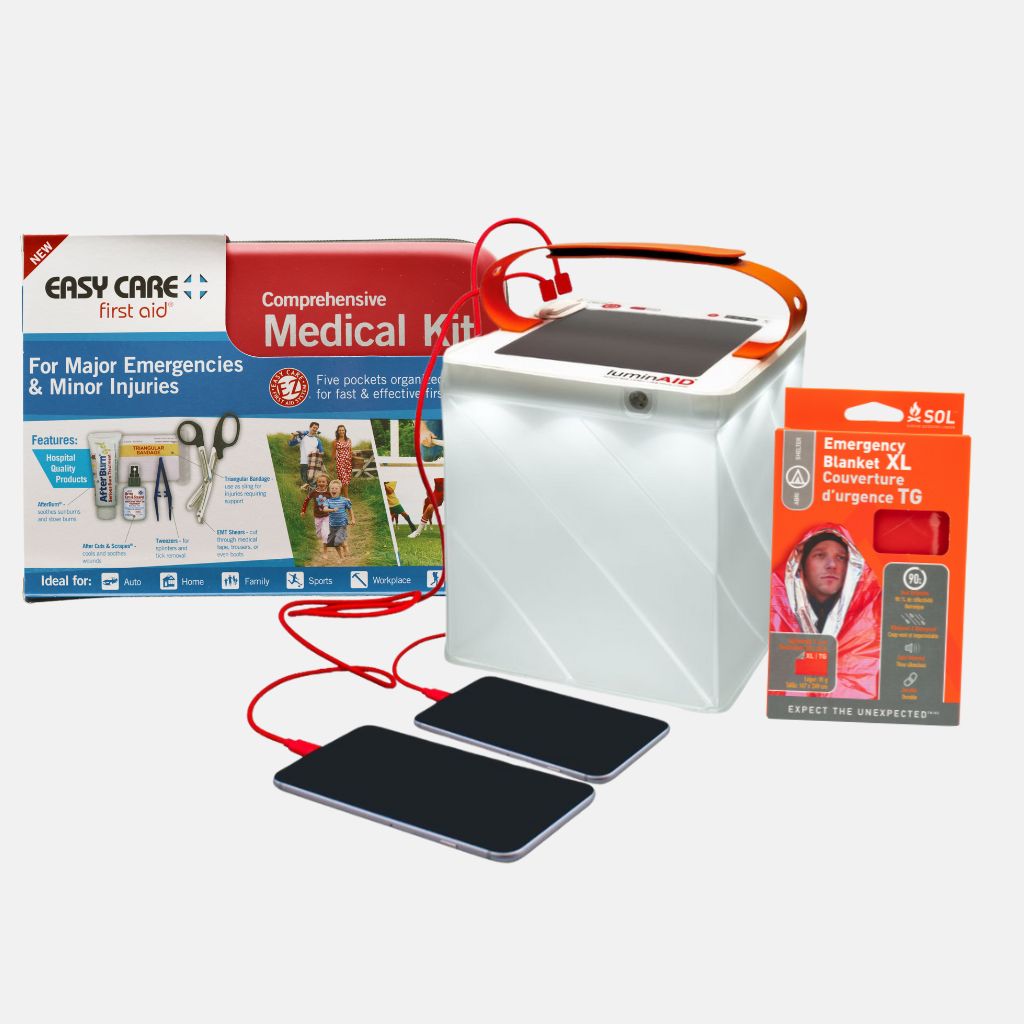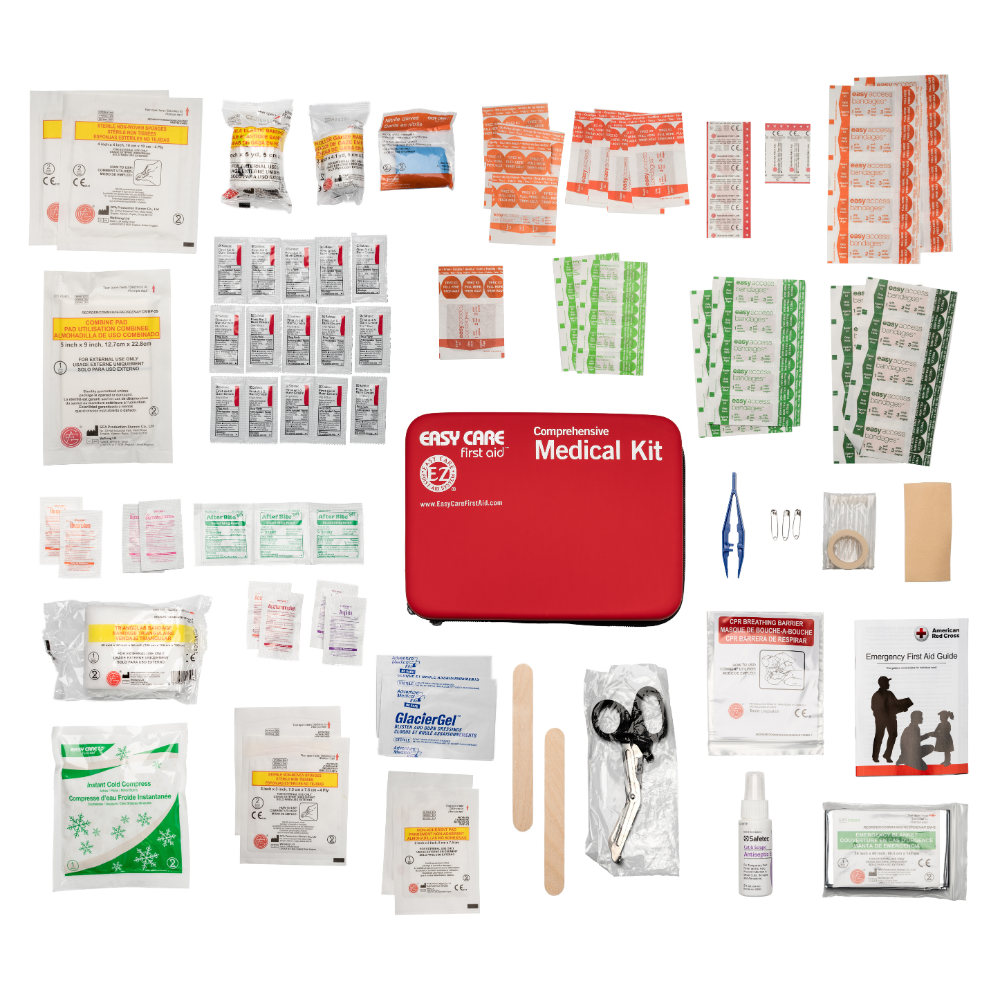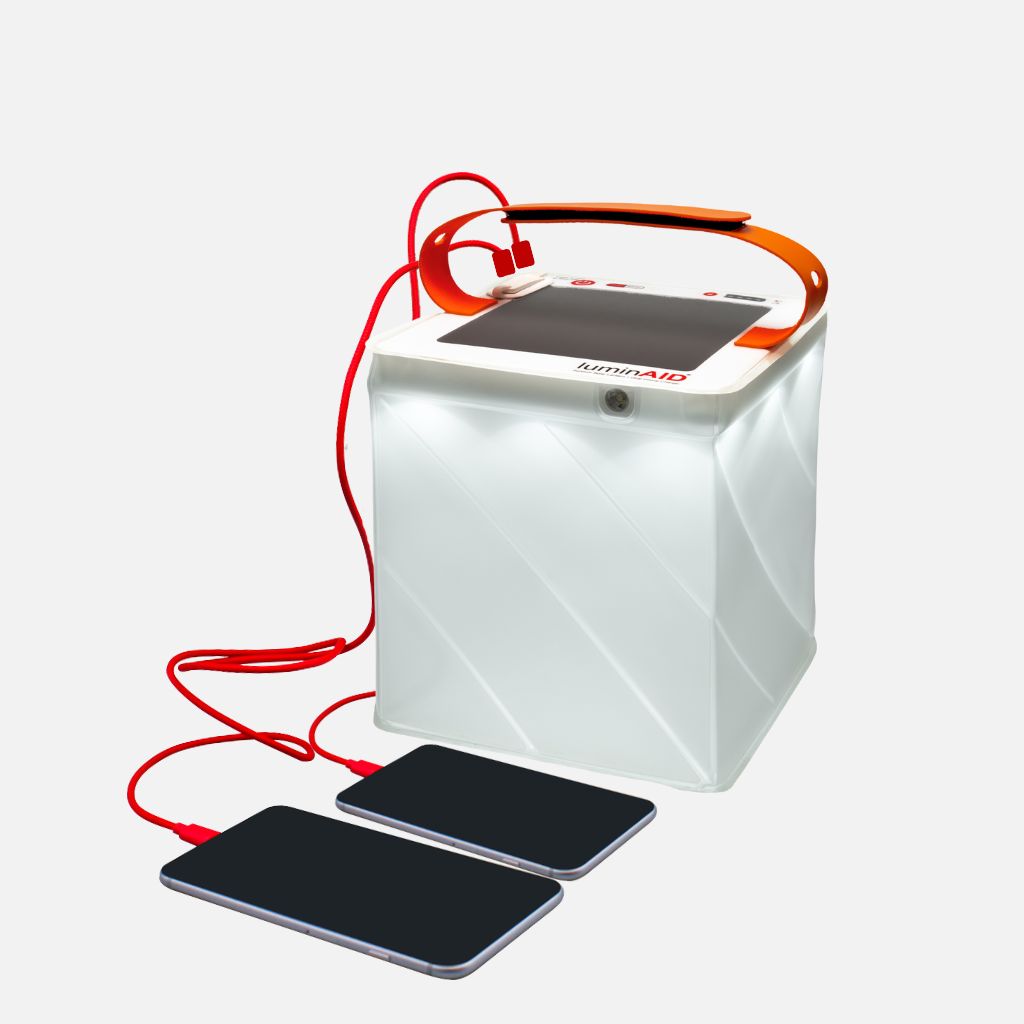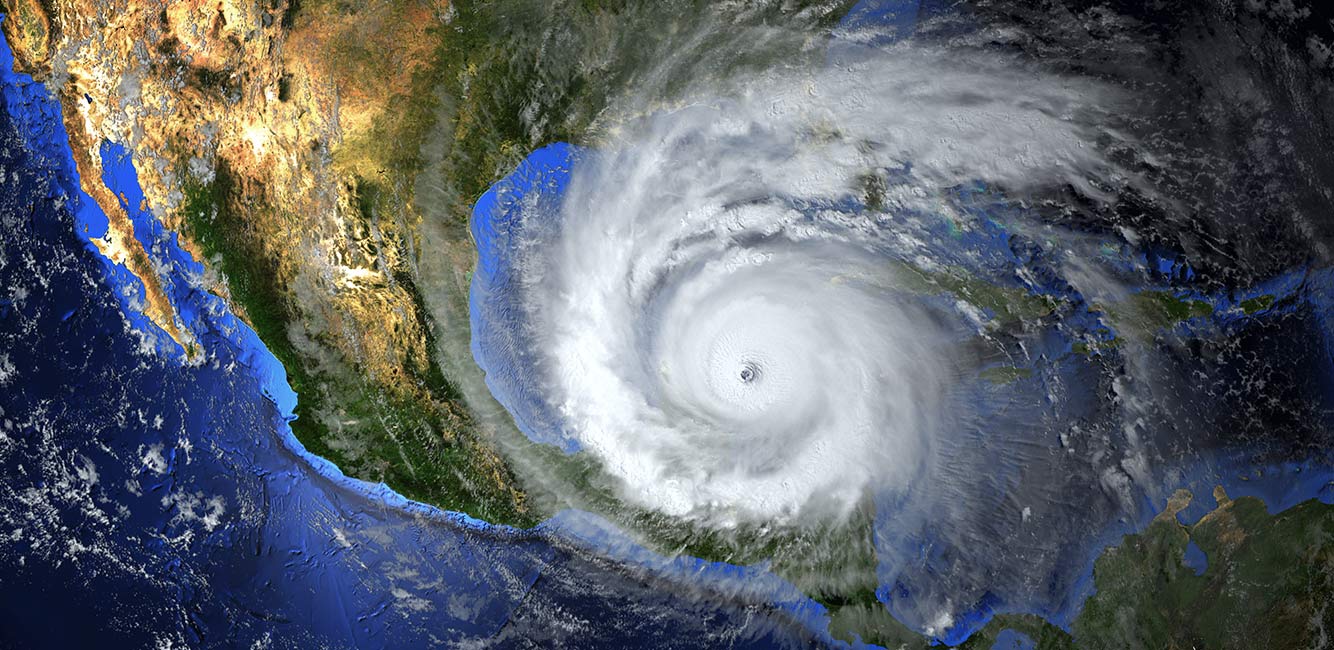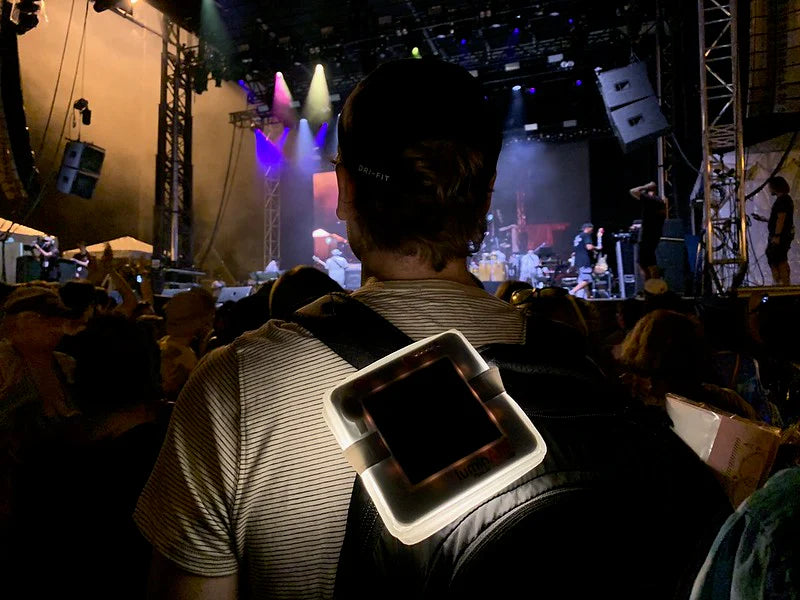You never know when disaster will strike, so it’s a good idea to prepare for when it does. You can give yourself a leg up by setting aside some essentials and making a plan for you and your family. Here are a few items that many people forget to pack when preparing for a disaster.
What makes someone a prepper?
You’re a prepper if you believe there will be a major catastrophe or societal collapse in the near future, and are taking measures to prepare for that situation. This includes stockpiling shelf-stable food, water, and survival equipment. Preppers also have detailed plans of how they will respond to a disaster scenario.

Is prepping bad?
No! Preparing for disaster situations is a great idea–it’s very possible that you’ll experience a natural disaster within your lifetime, and it pays to be ready.
While some people prepare excessively, prepping in moderation is a smart choice, especially if you live in an area that is affected by hurricanes, storms, or earthquakes.
What items and supplies preppers (and you) may forget
Emergencies are sudden and stressful, and many things may get left behind if you’re in a rush. Here are some items that you should not forget to add to your emergency supplies kit.
Legal documents and IDs
These are super important, but often forgotten. However, it’s integral to have proof of your identity on hand in a disaster–you never know when you’ll need it. Make photocopies of any important documents, such as marriage, citizenship, and birth certificates, wills, social insurance cards, and ID cards. If you have a passport, make sure it is readily accessible. Store these documents in a flat watertight bag.
Reliable source of light

A good light source makes a huge difference in any emergency situation. Power outages are common during disasters, and having a reliable light source increases your safety and productivity during the evening and early morning.
LuminAID’s Power Lanterns are a great choice. They are bright enough to illuminate large spaces with ease, and have a run time of up to 100 hours. They’re lightweight, durable, waterproof, and pack flat for easy storage. What makes them even more perfect for prepping is that they’re completely solar-powered. Set them outside in the sun between uses, and you’ll have an everlasting light source. Plus, these lanterns double as a phone charger! The most powerful option can charge 2-3 phones before losing power. Just one of these lanterns provides both light and power, some of the most valuable things in an emergency.
If you’re looking for a slightly cheaper option, flashlights are another good choice. They can be used as a directed beam of illumination, but won’t light up an entire room. Remember: flashlights require a bit more work, as they are either battery-powered or have a hand crank.
First Aid kit
It is important to have a comprehensive first aid kit in your supplies. During a disaster, access to medical care may be difficult or even impossible; you should familiarize yourself and your family members with all components of your first aid kit and how to properly use them. This will not only make any disaster scenario less stressful, it could save a life. Be sure to have a sizable stock of first aid necessities, such as wound cleaning supplies and antibiotic ointment–it’s always better to have extra medical supplies than not enough.
Matches
These are a must-have in any disaster situation. Whether you use them to light your gas stove, candles, or a fire, matches are the key to heat and will both cook your food and save you from hypothermia. Invest in a sizable supply of waterproof matches for maximum effectiveness.
Hand Crank radio

During a disaster, there will be radio broadcasts with updates on weather conditions, emergency news, and evacuation routes. Since there is no guarantee of internet or cell service, keep a hand crank radio on hand so you will always have access to this important information.
Sleeping bag
One for each family member is ideal. The catastrophe could happen in very cold conditions, and with no heating in your home, you’ll need a way to keep warm through the night. Sleeping bags are much more insulating than bedding, and most are certified to keep you cozy in freezing temperatures.
Warm blanket
An insulating blanket can keep you even warmer on a freezing night. Blankets are more versatile than sleeping bags, so they can be wrapped around multiple people, pets, and used in tandem with sleeping bags. Emergency blankets are an important prepping item as well, since they’re extremely lightweight and conserve body heat efficiently. Always keep one on hand to treat shock and hypothermia.
Water storage
During an emergency, running water may stop working. Keep a large store of drinking water with your prepper gear, ideally enough to last your family for 2 weeks. The recommended daily water intake is a gallon per person. Be sure to set extra water aside for washing and flushing as well. It’s also important to invest in a water purifier in case you need to get water from an alternate source.
Whistle
Whistles are the most reliable way to call for help, so be sure to keep a few in your prepping supplies. You can even get a multi tool that includes an emergency whistle–this saves space and increases utility.
Duct tape
Pack a few rolls of this fix-all in your emergency kit! Duct tape is extremely versatile and always good to have on hand; it fixes tools, plugs water leaks, and can even be used in place of a hammer and nails.
Personal hygiene products
This is an often overlooked category of items that you should always keep in your emergency supplies. Though they may not seem necessary, they will greatly improve your quality of life in a disaster situation. Be sure to include soap, deodorant, toilet paper, and feminine hygiene products.
Also think about the needs of any small children or pets that you should plan for (diapers, medications, extra food/formula).
Phone charger

It’s important to keep your phone charged in an emergency so you can communicate with others, receive important information, and call for help if needed. Keep a portable phone charger on hand, ideally one that is rechargeable with solar power. This provides an indefinite power source that allows your phone to always stay charged no matter how long the emergency lasts.
LuminAID’s Power Lanterns charge your phone using solar power, and are super lightweight and convenient to use. They have an adjustable strap so you can attach them to a backpack or bag to recharge in the sun.
Bug spray
The emergency you experience may force you to be exposed to the elements, and this includes bugs. Bug bites are not only a nuisance, they can also become seriously infected. Prevent bug bites with bug spray, and bring along anti-itch medication in case you need it. These two tools will prevent you from having complications due to bites, and make the emergency situation a lot more manageable.
Mask
Some disasters trigger the release of dangerous particles into the air, so keep high-grade masks such as N95s on hand. These will preserve your lung health in a situation where the air is unsafe to breathe–remember that this includes possible exposure to asbestos if your home has been damaged. Set aside at least one mask per family member in your emergency preparedness supplies, though we recommend bringing extras.
Plastic bags
Plastic bags are versatile tools in an emergency. They safely contain trash and biohazards, and serve as convenient storage that can be easily packed away. Sturdy plastic bags can also be reused for packing, waterproofing, and even insulation.
Knife sharpener
This is an important safety precaution, because dull knives are much more dangerous than sharp knives. Keep a knife sharpener on hand, and know how to use it. Check your knives’ sharpness periodically and teach your family members knife safety.
Aluminum foil
A roll of aluminum foil goes a long way in an emergency situation. You can use it as food storage, a dish scrubber, and even cookware and utensils in a pinch. Because aluminum foil is reflective, it can also be used to signal for help.
Summary


